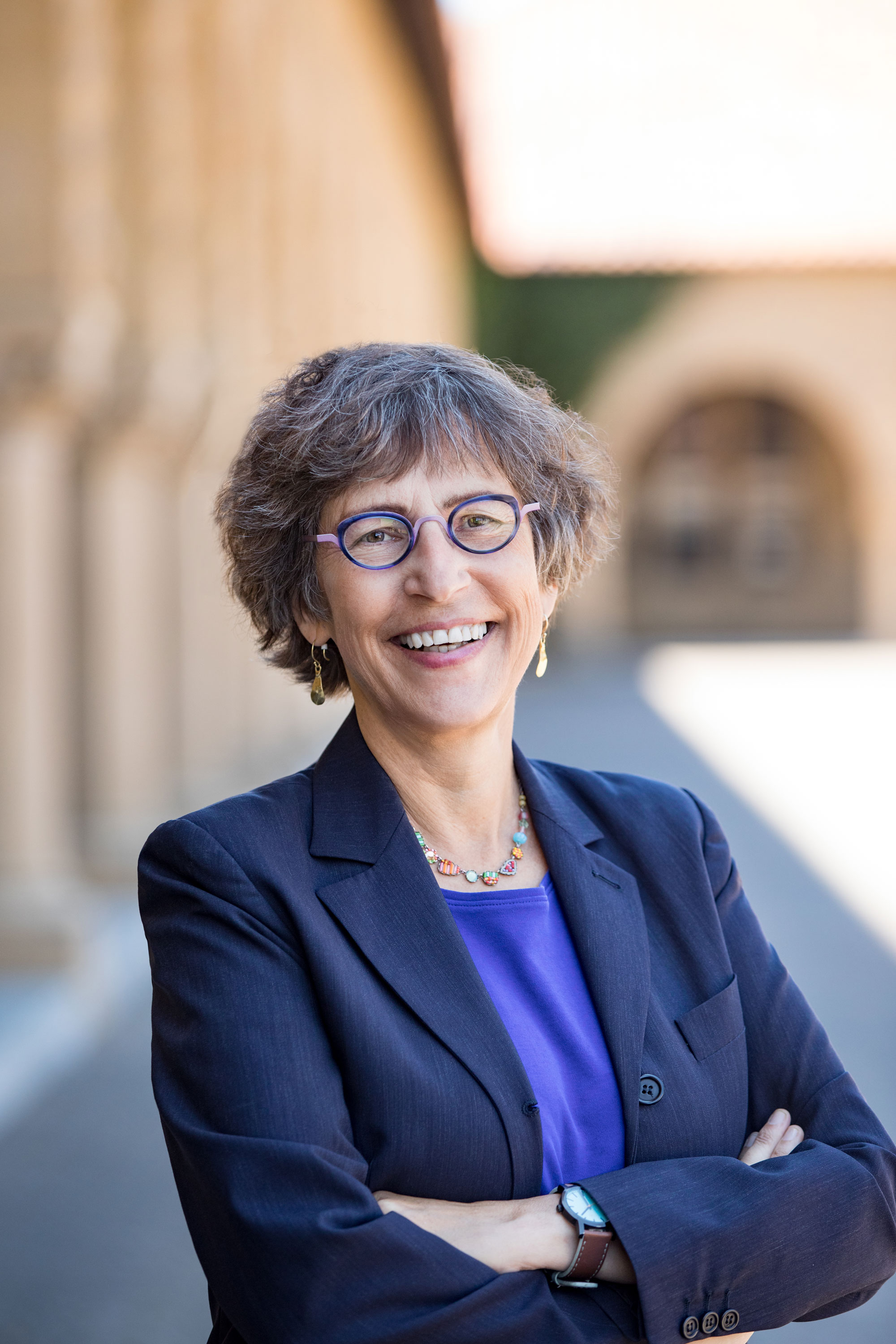
“In political philosophy, the practical is always in dialogue with the theoretical,” says Debra Satz, PhD ’87, who was recently appointed dean of the School of Humanities and Sciences at Stanford University. “Our world constantly throws up new questions to us: How should the internet be regulated? What principles should govern the design of driverless cars?”
Satz began pursuing political philosophy as a first-generation college student at the City College of New York, where her interest in the field was driven by questions surrounding inequality in society. She honed the focus of her research while completing her PhD in philosophy at MIT and working as a lecturer at Harvard. “I found myself interested in debates about the scope of the market and the structure of the economy. Questions at the intersection of ethics and economics became a big focus of my work,” she says.
Following MIT, Satz was an assistant professor at Swarthmore College before joining the faculty at Stanford, where she is a professor of ethics in society. In addition to teaching courses on subjects like the moral limits of markets and the place of equality in a just society, she has led cross-campus initiatives on ethics.
As the faculty director of the McCoy Family Center for Ethics in Society, Satz developed programs focused on the ethics of war, food, and inequality that engaged students in a variety disciplines and led to new research and classes across the curriculum. “I love connecting with students and thinking about important issues with them. They learn to look at things through the lens of ethics,” she says. For her work, Satz has earned the Walter J. Gores award, Stanford’s highest teaching honor.
Although her career has included many accolades—she was recently named to the American Academy of Arts and Sciences, among others—Satz is most proud of the work she has done with Hope House Scholars, a program she cofounded to teach humanities courses to women in residential drug and alcohol treatment facilities. “Reading and thinking about ideas like fairness or beauty or freedom opens your world,” she says.
Satz began her tenure as dean this past fall after having served as the senior associate dean for humanities and arts. She hopes to continue teaching as part of her new role.
“It’s one of the things I really care about,” she says, noting the increased importance of philosophy coursework. “Now more than ever, we need informed and educated citizens who can think broadly about issues and understand the complexity of issues.”
Keep Reading
Most Popular
Large language models can do jaw-dropping things. But nobody knows exactly why.
And that's a problem. Figuring it out is one of the biggest scientific puzzles of our time and a crucial step towards controlling more powerful future models.
The problem with plug-in hybrids? Their drivers.
Plug-in hybrids are often sold as a transition to EVs, but new data from Europe shows we’re still underestimating the emissions they produce.
Google DeepMind’s new generative model makes Super Mario–like games from scratch
Genie learns how to control games by watching hours and hours of video. It could help train next-gen robots too.
How scientists traced a mysterious covid case back to six toilets
When wastewater surveillance turns into a hunt for a single infected individual, the ethics get tricky.
Stay connected
Get the latest updates from
MIT Technology Review
Discover special offers, top stories, upcoming events, and more.